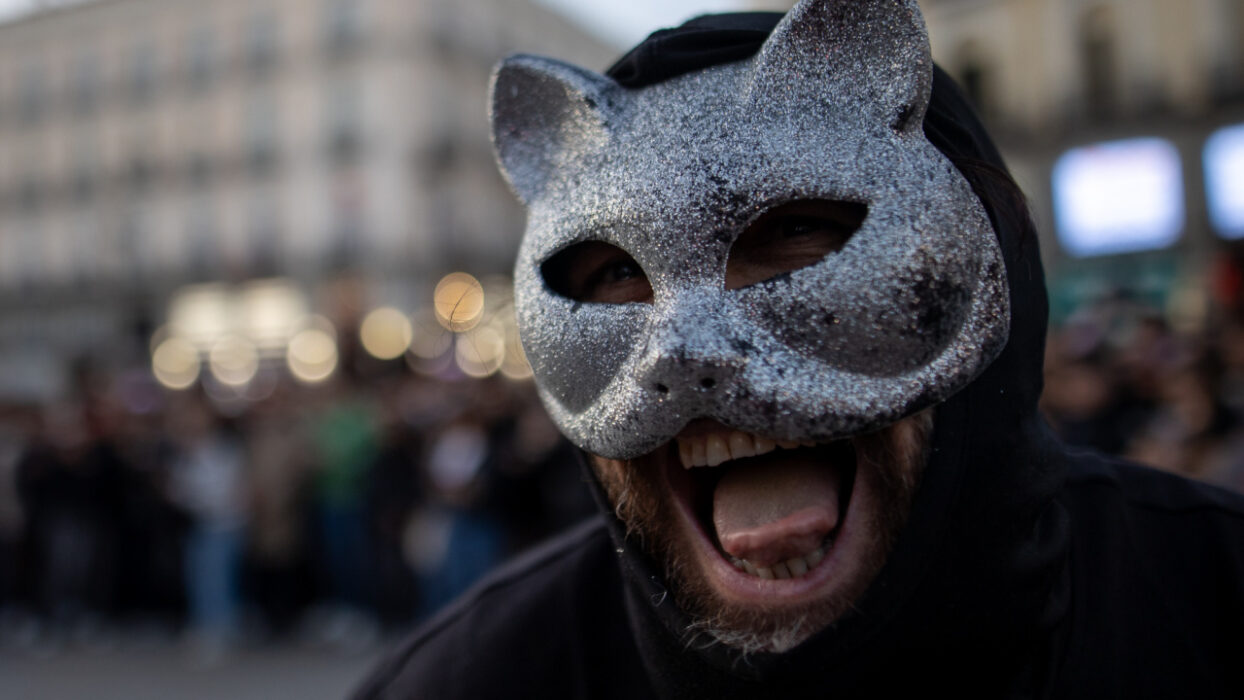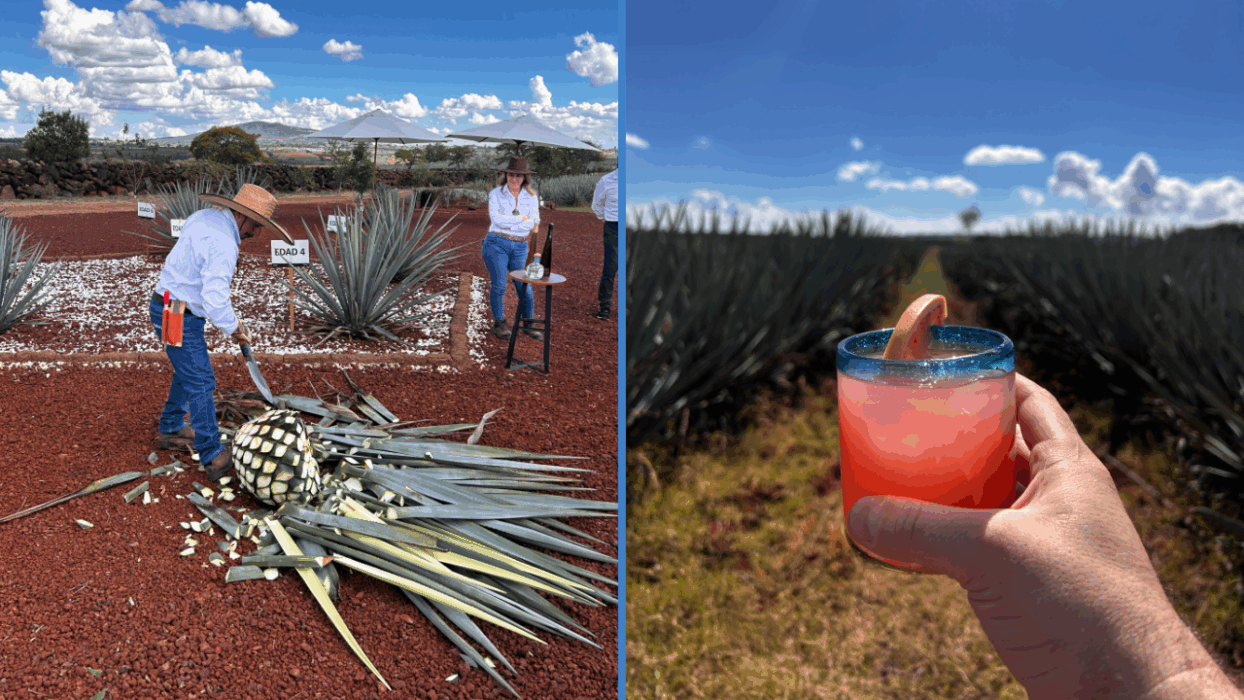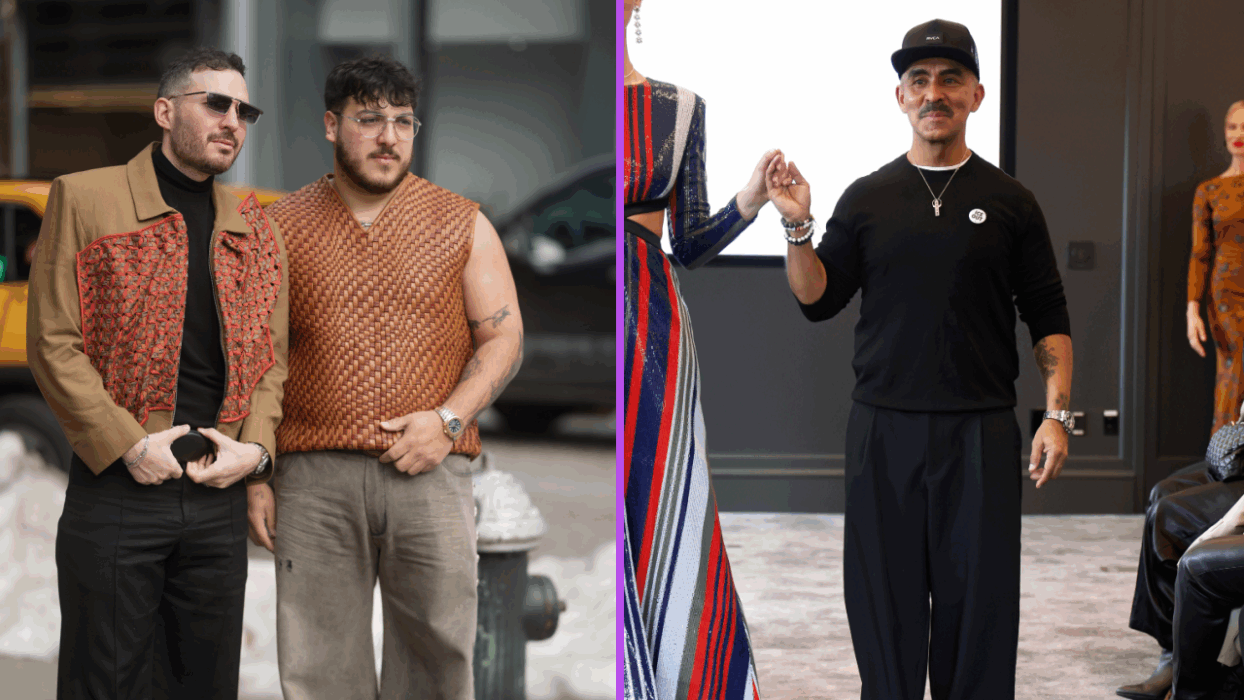
Poet Eduardo Martínez-Leyva Discusses Self-Discovery, Family, and Writing His Collection of Poems for ‘Cowboy Park’
When Eduardo Martínez-Leyva first started writing poetry for his MFA thesis, he didn’t realize it would be years before he revisited them. The collection of works became “Cowboy Park,” a series of poems touching on themes of self-identity, immigration, and gun violence. The themes have left indelible marks on Martínez-Leyva. He has navigated life as a queer, Latinx person living in El Paso, Texas. We spoke with Martínez-Leyva about the inspiration behind his poems and how he captured his life lesson on the page.
It all started with five poems and a dream
Eduardo Martínez-Leyva first started writing “Cowboy Park” while working for his MFA in New York. The program required him to write a manuscript that could one day be turned into a book. Martínez-Leyva wanted to write poems that uplifted the people in his life. He wanted to tell stories that had an impact on him and his community.
The poems, Martínez-Leyva says, capture his experiences, both the good and not so good. Originally, the poems were about self-discovery. Over time, they grew to encompass moments in the lives of those around him that impacted him. For example, Martínez-Leyva talks about how his brother’s arrest and deportation left a mark on him and his family.
He recalls how his brother, who was a resident at the time, was arrested and held for three and a half years. After being moved to various facilities around Texas, he took a plea deal. It meant his brother would forego any chance to become a citizen but he would be out of detention and deported.
“The reason it was blurry is because my mom had gotten ill,” Martínez-Leyva remembers to mitú. “My niece, who was my brother’s daughter, was living with us and I had to step up in the father role while also attending to my classes. That was quite difficult. I think for me, it didn’t really hit me until much later because I was on this constant go go go. I think sadly, for a lot of us BIPOC folks, we are told to keep pressing on or continue in spite of all the challenges that we face. That was the DNA when I started to revisit those moments when that had occurred.”
His identity is central to his work

Martínez-Leyva grew up as a queer Latinx kid in El Paso, Texas. Like many LGBTQ+ youths, his identity was something that others told him he was before he knew who he was. He grew up in a machismo culture perpetuated from the Catholic church’s dominance in the Latine community.
“I think the interesting thing is that everyone always knew that I was different in some way. I knew I was different as well, I just didn’t know the words or vocabulary for that so I could pinpoint it,” Martínez-Leyva says. “All I knew was that when I would hear something like I was too effeminate or some type of slur, I knew that it stung. But I didn’t understand exactly why. I knew that some of it had to do with this idea that I knew that [being queer] was bad, what they were calling me, but I also felt this sense of shame. It was really interesting because I didn’t fully understand a lot of that when I was younger.”
He found peace and safety in his writing. When he was able to focus on writing, the rest of the world faded away allowing him to let all of his energy out.
Cowboy culture (and fashion) are special to Martínez-Leyva

Martínez-Leyva recalls watching the men in his family get dressed up as cowboys for the rodeo. It was always very interesting to him to see men get dressed up in such a way. It isn’t because of the cultural significance of cowboys in Texas. Rather, seeing the men work to carefully construct and outfit and persona.
“My brothers used to dress in cowboy regalia with, like, the buckles and the hats,” Martínez-Leyva rescounts. “It’s interesting now that it is becoming very much queered again or being sort of made that way. In my mind, it was always like what my brothers wore. If you think about it though, it’s almost like drag. There’s a pageantry to getting ready and the actual folks who go to the rodeo.”
For Martínez-Leyva, the cowboy pageantry is something that has always inherently been queer coded. So, it make sense that the author would give a nod to cowboy culture in his book “Cowboy Park.”
You can purchase a copy of “Cowboy Park” from the University of Wisconsin Press here.




